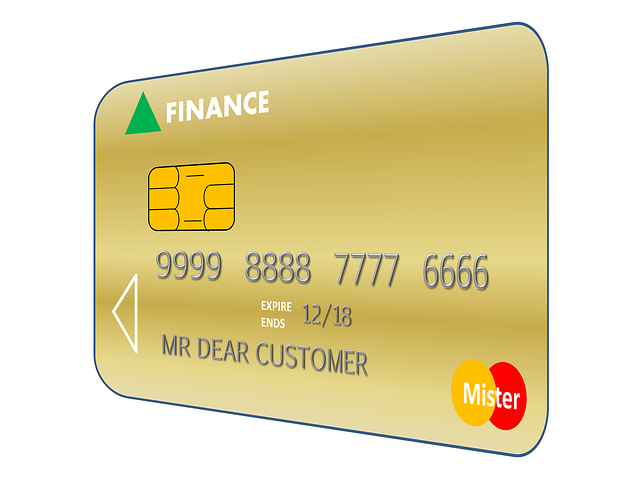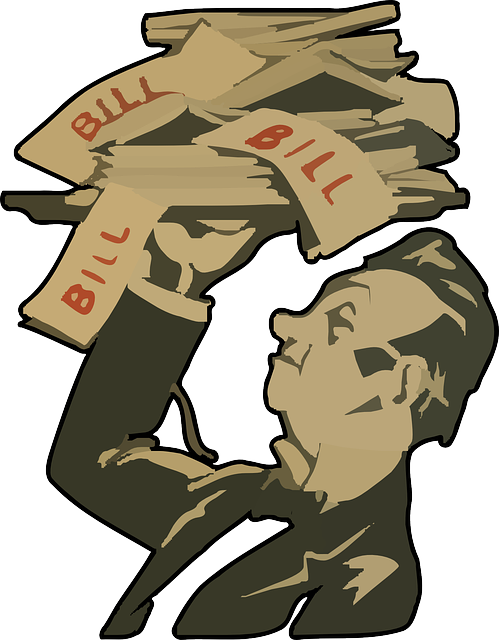Debt consolidation in South Africa offers a strategic solution for managing multiple high-interest debts by combining them into one single loan with a lower interest rate. To maximize benefits, individuals should compare loan offers, evaluate their financial situation, and understand the terms of each loan, focusing on reducing interest expenses while maintaining a positive credit score. Despite the diverse lending landscape, consolidation is crucial for navigating complex debt obligations, simplifying repayment, saving on interest costs, and improving cash flow. However, it may not be suitable for everyone due to requirements for stable financial positions, potential fees, and the need to avoid new debt cycles. A strategic approach involving assessment of financial state, comparison of loan offers, and careful reading of agreements is essential for successful consolidation and improved financial health.
“In the face of rising living costs and unpredictable financial landscapes, many South Africans are seeking solutions for managing their debt. The consolidation of debt offers a potential lifeline, providing clarity and control over multiple loan repayments. This comprehensive guide explores the ‘Consolidation of Debt in South Africa’, delving into various loan options available, benefits accrued, and challenges to navigate. Understanding these aspects is crucial when considering how to streamline financial obligations effectively.”
- Understanding Debt Consolidation: A Comprehensive Guide
- The Landscape of Loan Options in South Africa
- Benefits and Challenges of Debt Consolidation in SA
- Navigating the Process: Steps to Effective Debt Consolidation
Understanding Debt Consolidation: A Comprehensive Guide

Debt consolidation is a strategic financial move that involves combining multiple debts into one single loan with a lower interest rate. In South Africa, where high interest rates and diverse lending options can make managing debt challenging, consolidation offers a way to simplify repayment and potentially save on overall costs. This process streamlines debt management by reducing the number of payments a borrower needs to make each month, making it easier to stay on top of repayments.
When considering consolidation in South Africa, borrowers should aim to lower their overall interest expenses while ensuring they maintain a good credit score. It’s crucial to compare different loan offers from various lenders and assess the terms, including the interest rate, repayment period, and any associated fees. A comprehensive guide for consolidation involves evaluating one’s current financial situation, exploring suitable consolidation loans, and understanding the potential benefits and drawbacks to make an informed decision regarding debt management.
The Landscape of Loan Options in South Africa

In South Africa, the landscape of loan options is as diverse as its population. Individuals and businesses have a multitude of choices when it comes to financing, ranging from traditional bank loans to digital fintech solutions. The country’s robust financial sector offers various lending products tailored to different needs, from short-term personal loans to long-term business financing. However, one prominent challenge that many South Africans face is the consolidation of debt. With high interest rates and multiple lenders offering competitive yet complex terms, managing multiple debts can be overwhelming.
This is where consolidation of debt in South Africa plays a crucial role. It involves combining multiple loans into a single, more manageable repayment structure. This strategy allows borrowers to simplify their financial obligations, potentially reduce overall interest payments, and improve cash flow. As such, consolidation has become an attractive option for those looking to navigate the labyrinthine loan market more effectively.
Benefits and Challenges of Debt Consolidation in SA

Debt consolidation in South Africa offers several advantages for individuals struggling with multiple debts. One of its key benefits is simplification; by combining various loans into one, borrowers can reduce the complexity of managing numerous repayment schedules. This simplicity makes it easier to stay on top of payments, as there’s only one monthly instalment to track and remember. Furthermore, consolidation can lead to significant savings in interest costs over time, especially if the new loan has a lower interest rate than the previous debts combined.
However, the process also presents certain challenges. Consolidation might not be suitable for everyone, particularly those with a poor credit history or irregular income streams, as it requires a stable financial position to secure favourable loan terms. Additionally, depending on the lender and the amount consolidated, there could be fees associated with the process, which may offset some of the potential interest savings. Borrowers must also exercise caution to avoid the temptation of spending the freed-up funds, as this could lead to a new cycle of debt accumulation.
Navigating the Process: Steps to Effective Debt Consolidation

Navigating the process of debt consolidation involves several key steps to ensure its effectiveness. First, evaluate your current financial situation by listing all debts and calculating your total monthly repayments. This step is crucial as it helps in understanding the scope of consolidation and identifying suitable options. Next, compare different loan offers from various lenders in South Africa, focusing on interest rates, repayment terms, and any associated fees. Opting for a lower interest rate can significantly reduce the overall cost of consolidation.
Once you’ve identified an attractive loan option, consider the consolidation method that best suits your needs. This could be through a new personal loan to pay off existing debts or by refinancing specific loans, such as credit cards or car loans, into a single debt with more manageable terms. It’s important to read and understand the fine print of any consolidation agreement, ensuring it aligns with your financial goals. Effective consolidation can lead to better management of your debt and improved financial health in South Africa.
In conclusion, understanding the consolidation of debt in South Africa is key to navigating the country’s financial landscape. By exploring various loan options and adopting a strategic approach, individuals can effectively manage their debt burdens. The process involves careful consideration, informed decisions, and proactive steps towards financial health. Remember that consolidation isn’t a one-size-fits-all solution; it requires tailored strategies based on individual circumstances. Embrace the benefits, address challenges head-on, and take control of your financial future through informed debt consolidation practices.







